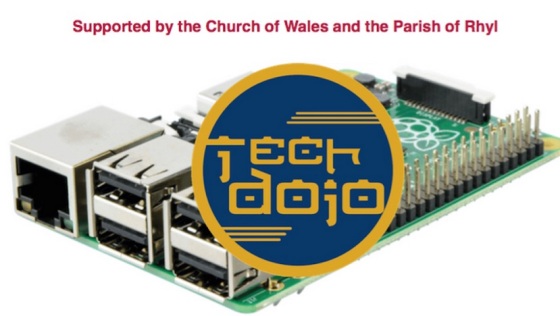
So, it’s finally here! It’s General Election Day in the UK!
This is just a brief blog post to encourage you to get out and vote. People died to get you your vote and it is incredibly important to make your voice heard.
Personal bit
I’m still unsure of who to vote for. Let me just say this: I’m a Christian, and believe me that doesn’t make it easier! We’ve done a series on Politics and Religion at our church over the past few weeks – asking what the Bible says about different policies and that kind of thing – and I’m just as conflicted now as I was before, but in a different way. If nothing else it has helped me to focus on looking at the policies rather than just looking at the leadership abilities of a prospective Prime Minister. Personal leadership skills are, of course, important, particularly in foreign policy matters, but of paramount importance at this time (in my opinion) are the policies on the economy, social care/welfare and the NHS. I’m in the awkward position of seeing policies in all the major parties that are attractive, while at the same time seeing policies in those same parties that I find abhorrent. I’m firmly on the side of wanting to see real social change in our country. But, and this is a big But, we need a strong economy in order to support social change. I’m sure, if you’ve been paying attention to what the parties have been saying recently, you can see my problem. Conservative or Labour? It’s just a toss-up at the moment. I’m also faced with the fact that I live in a strong Conservative constituency so it’s unlikely my vote will make much of an impact anyway – but that won’t stop me voting!
I guess I’ll just have to make up my mind by the time the polls close!
But, Mike… What does this have to do with the Raspberry Pi?
Absolutely nothing, on the face of it. I just want to encourage those who have a say to make themselves heard.
Normal service will be resumed later!




